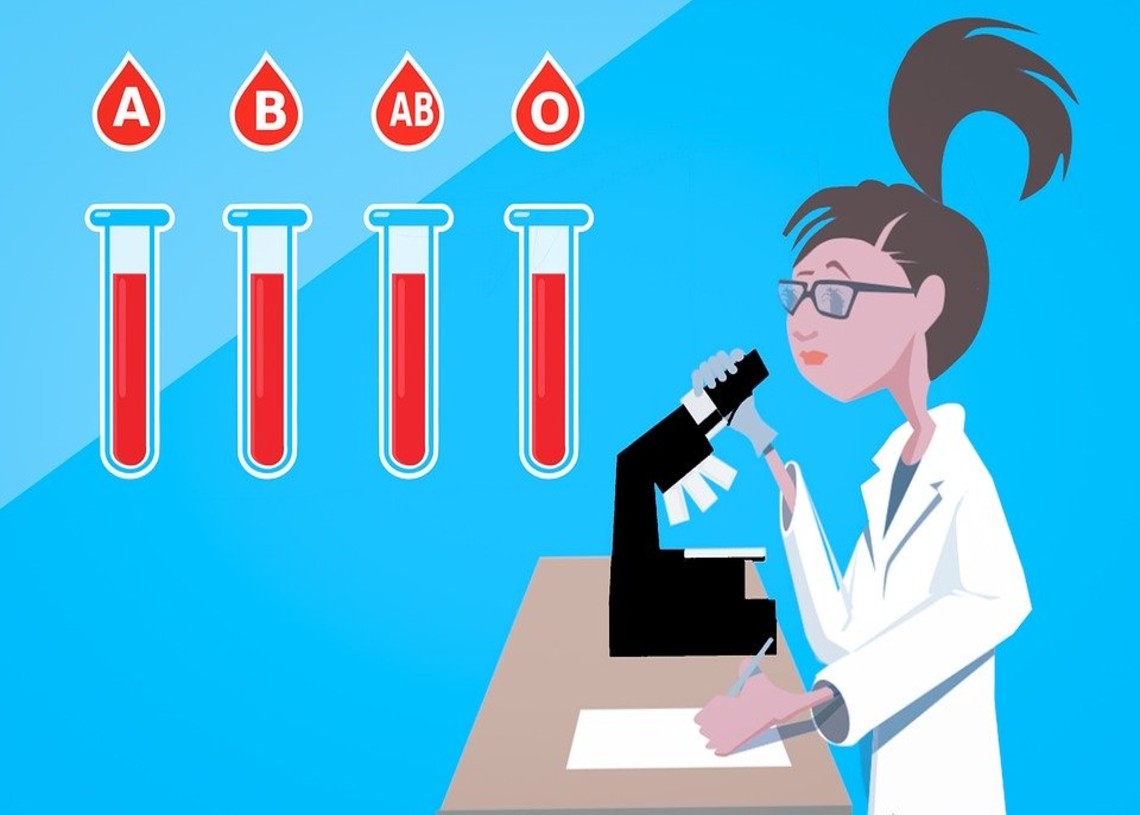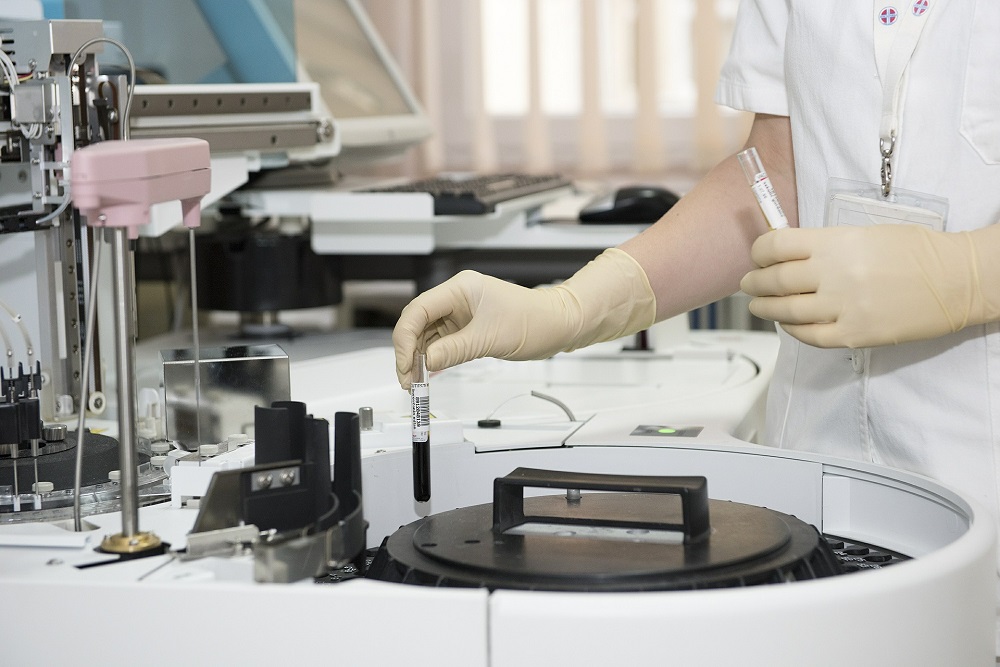Coronavirus is spreading differently among groups with different blood types, according to a new study done by 23andMe. The research also indicated that there might be a link between genetics and the spread of coronavirus.
A new study has confirmed that blood type affects the susceptibility of people to coronavirus. The unpublished study from Scientists at the biotech giants 23andMe involved a sample size of more than 700,000 participants, which included over 10,000 who had contracted coronavirus and hospitalized due to the virus infection.
Blood types affecting the spread of coronavirus
Although the study is not a confirmation of people who had low susceptibility due to their blood types having some form of superhuman protection against the virus, it offered a glimpse of how the virus is being transmitted communally.
The study found that people with blood group O had a significant edge in avoiding coronavirus infection. The study’s data showed that people with blood type O were between 9 to 18 percent less likely to be infected with the coronavirus compared to other blood groups. The data showed how genetics were influencing coronavirus infections and hospitalizations.
The study in Numbers
Breaking these numbers further, the study used the sample of individuals in high-risk areas such as those who worked in health care to determine how the blood type is affecting the transmission of the virus. They found that blood type O individuals were 3.2 percent positive of coronavirus, for blood type A, B and AB, the figure was 3.9, 4 and 4.1 percent respectively.
They then looked at the data by taking all other variables such as sex, age, race and body mass index into consideration. This also confirmed to the researchers that blood type O had a significant effect on how the virus was transmitted.
Future work
Adam Auton, a principal scientist at 23andMe acknowledged that his team was not the only one that was looking at some factors that causing severe cases of coronavirus leading to hospitalizations. Other scientists were also working on projects to determine how the virus is getting spread globally.
Auton also acknowledged that they were aware of other factors that were linked to coronavirus transmission and hospitalization such as cardiovascular disease and clotting of blood. He said such factors are providing hints on which genes are affecting the spread of the virus, which can give scientists insight on how to approach the development of a drug or a vaccine.
Featured image by Pixabay







